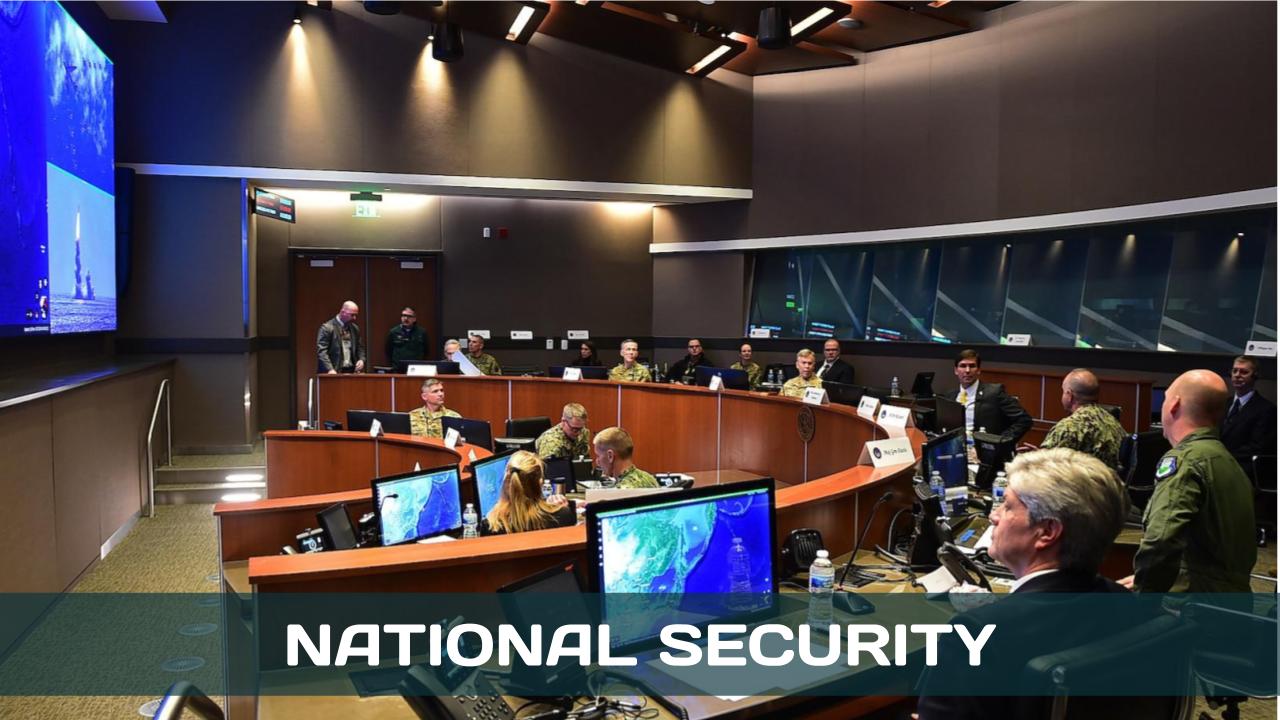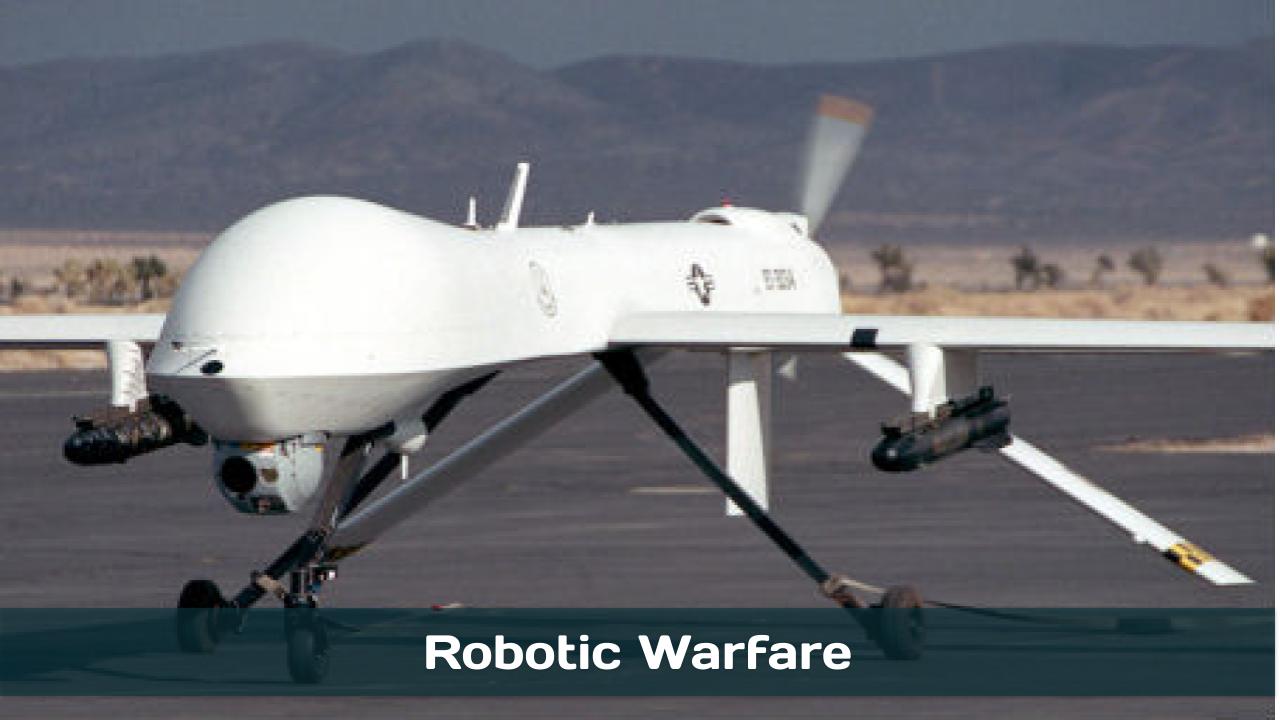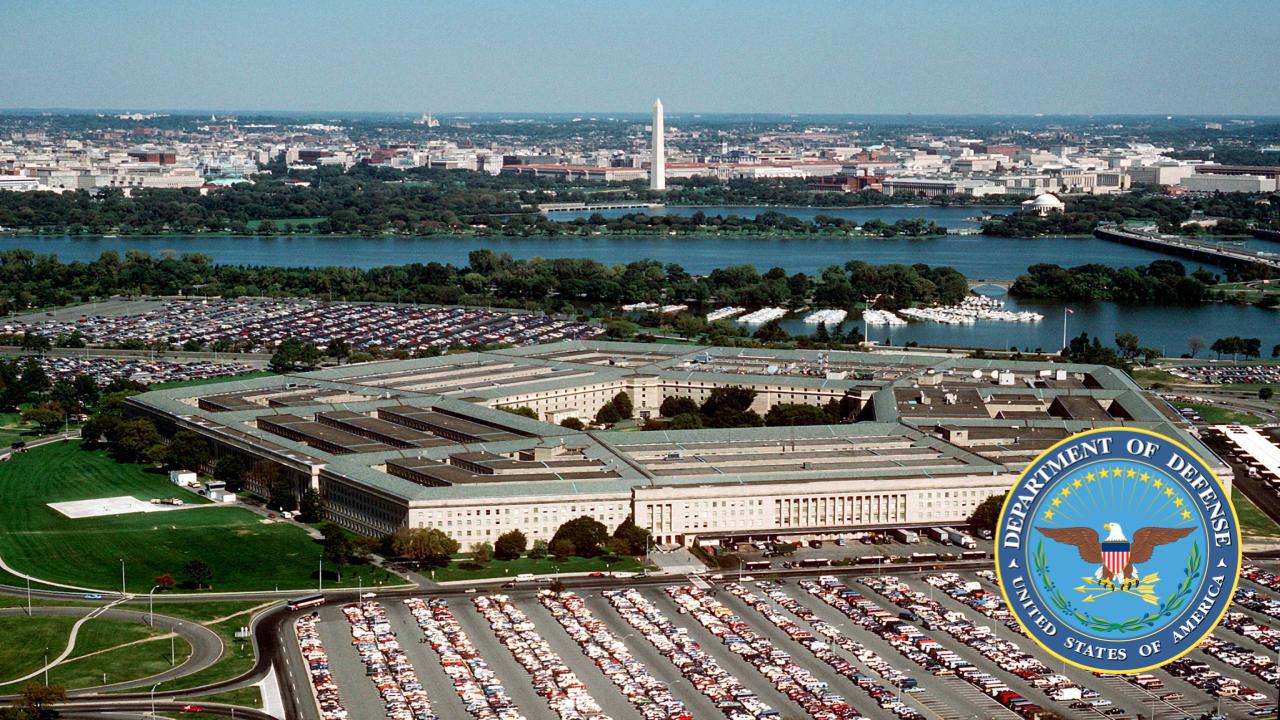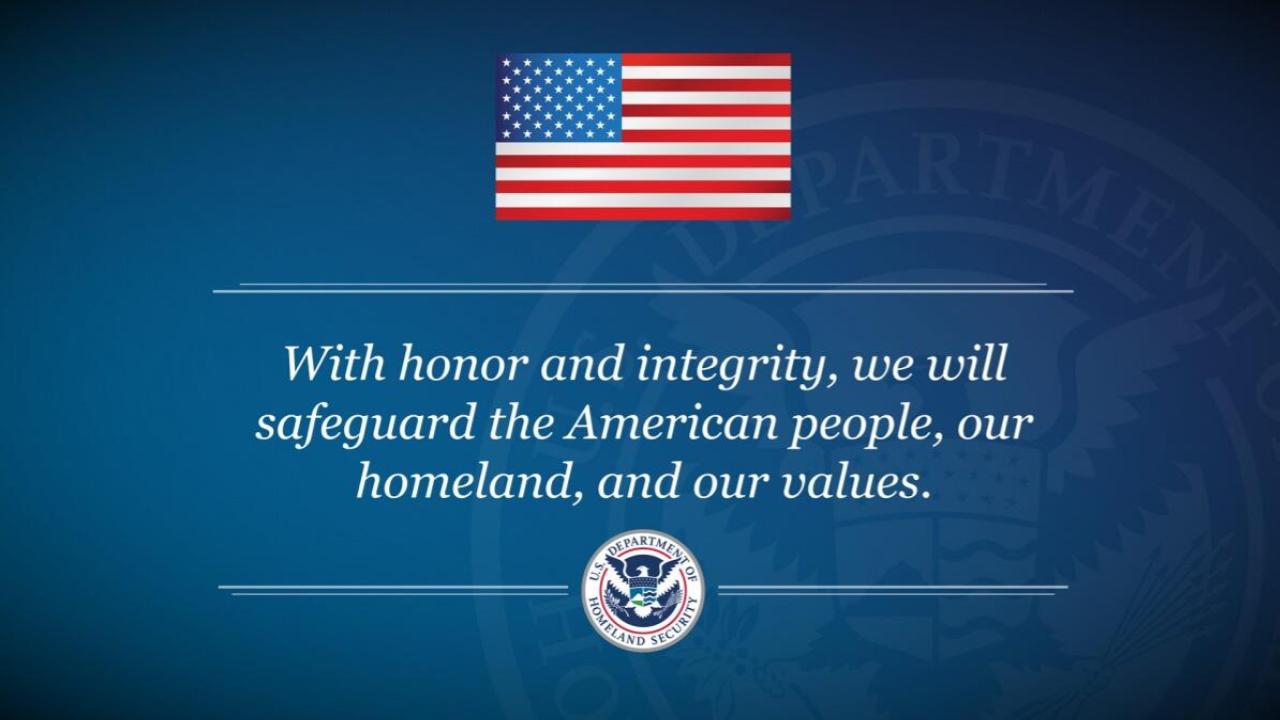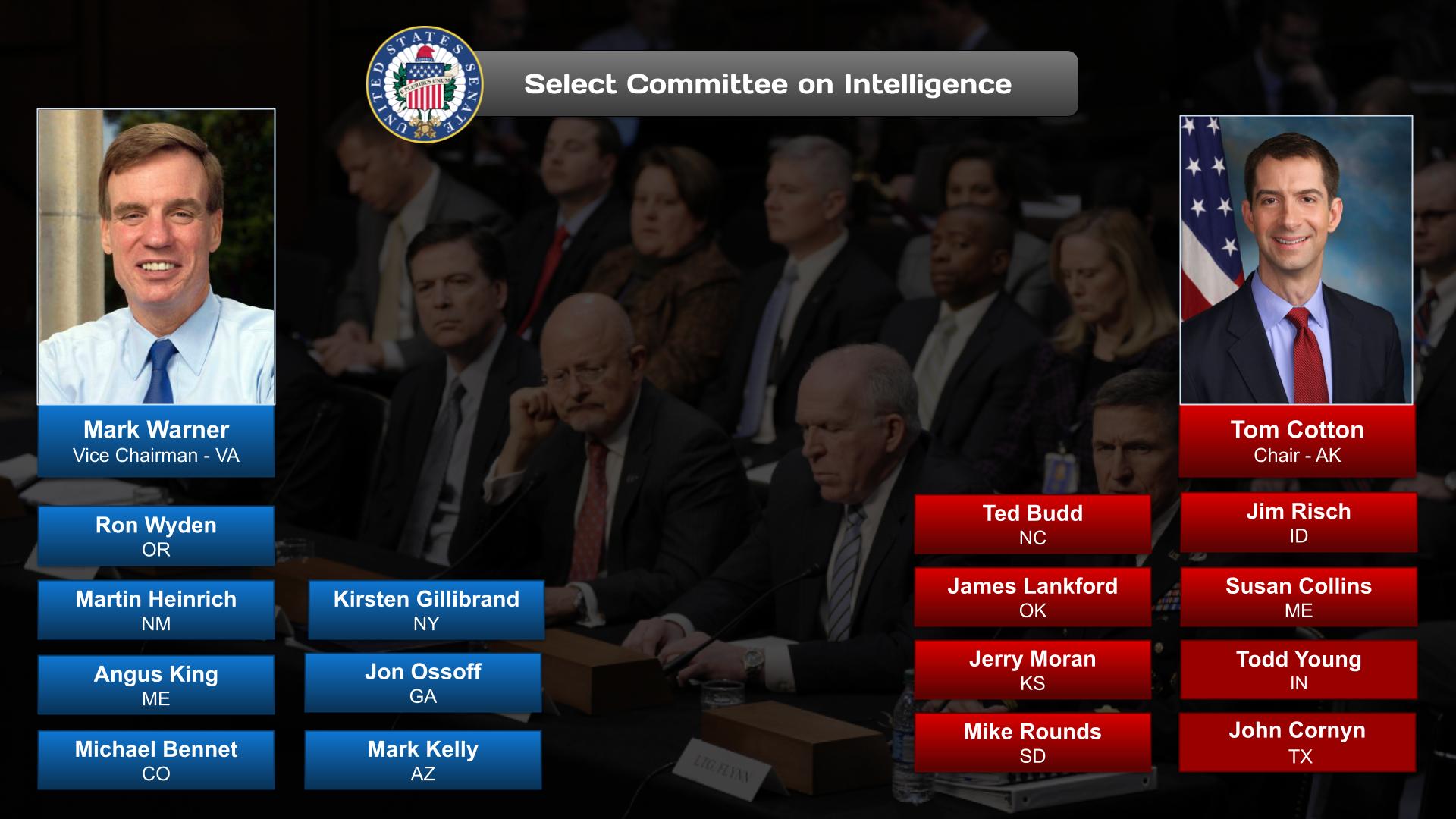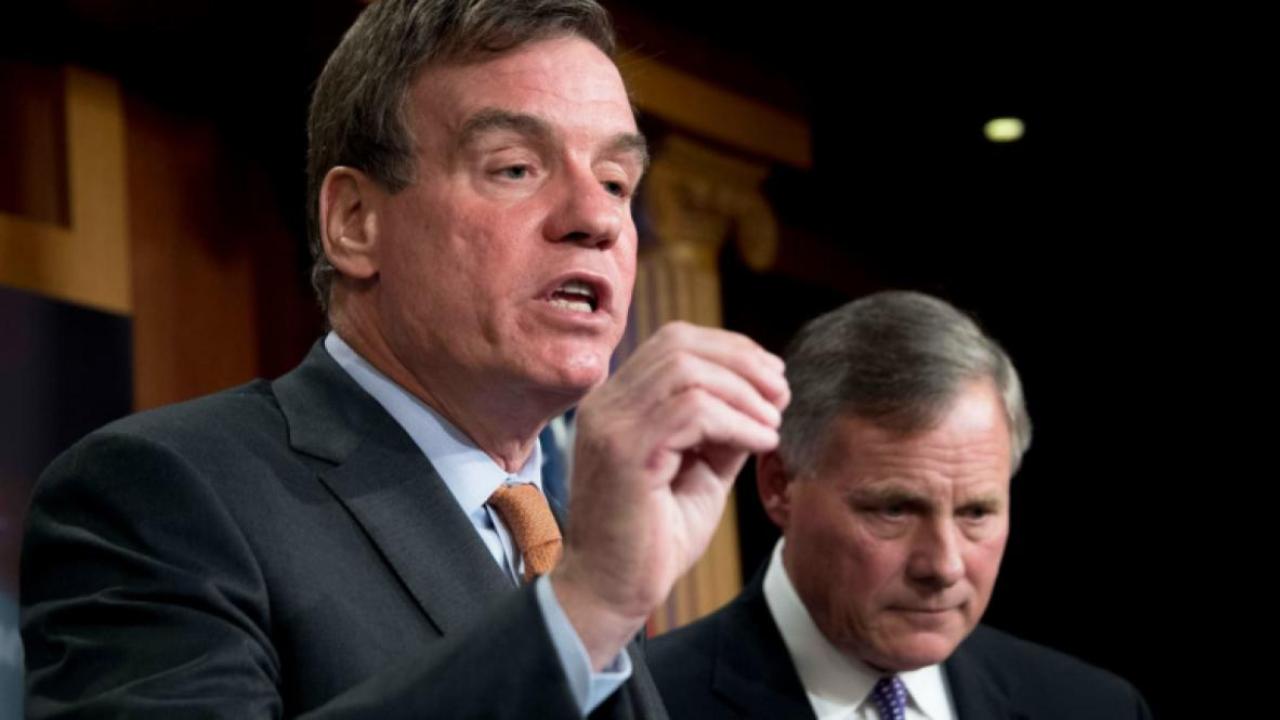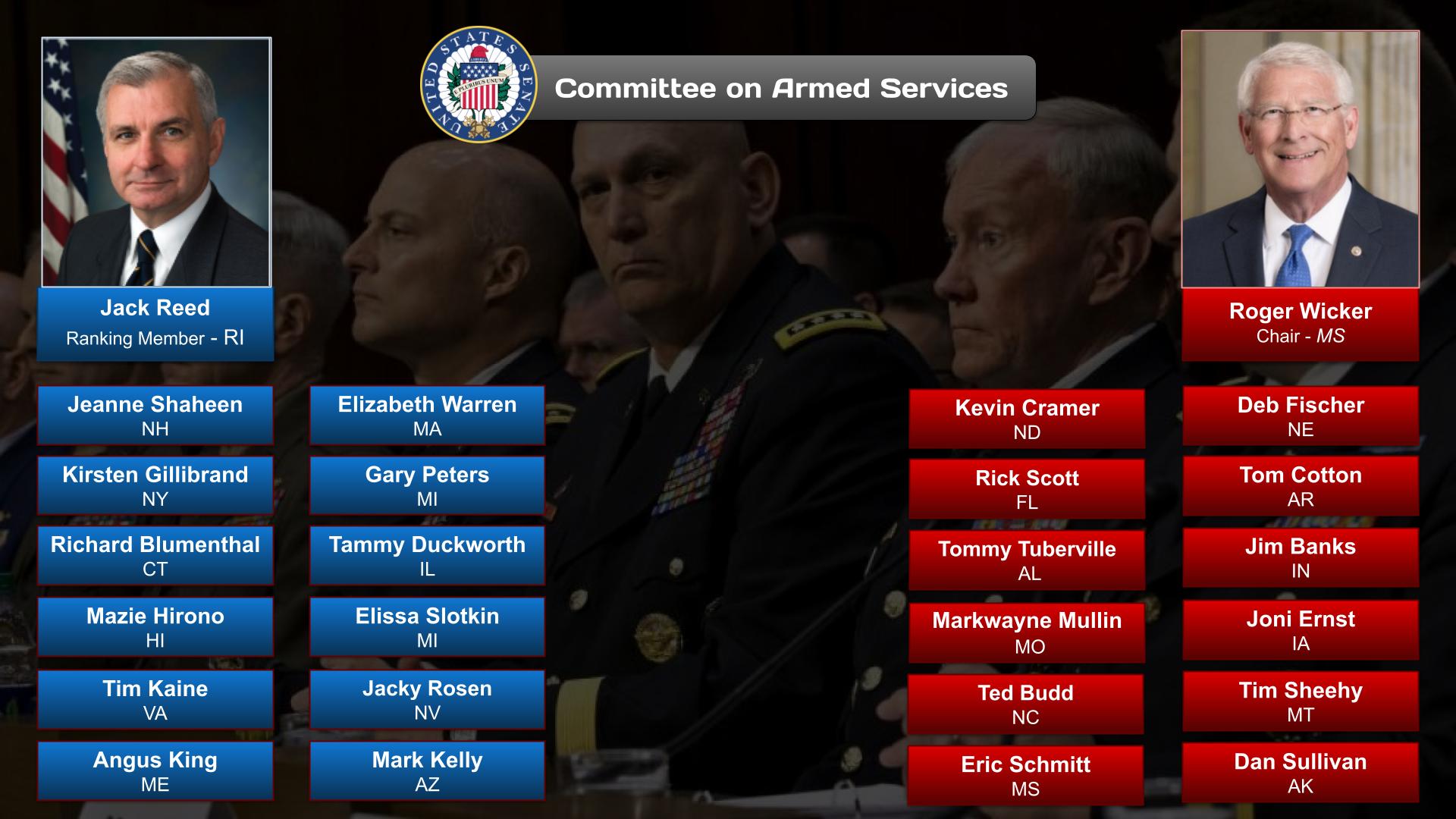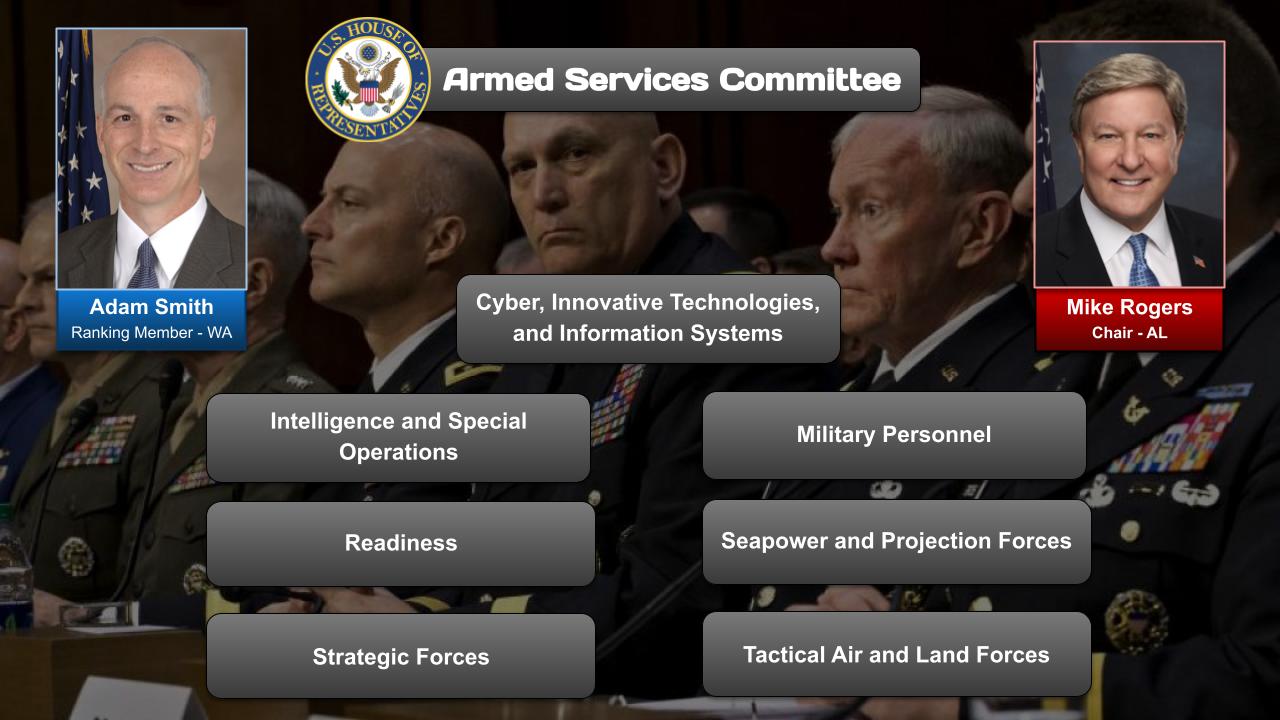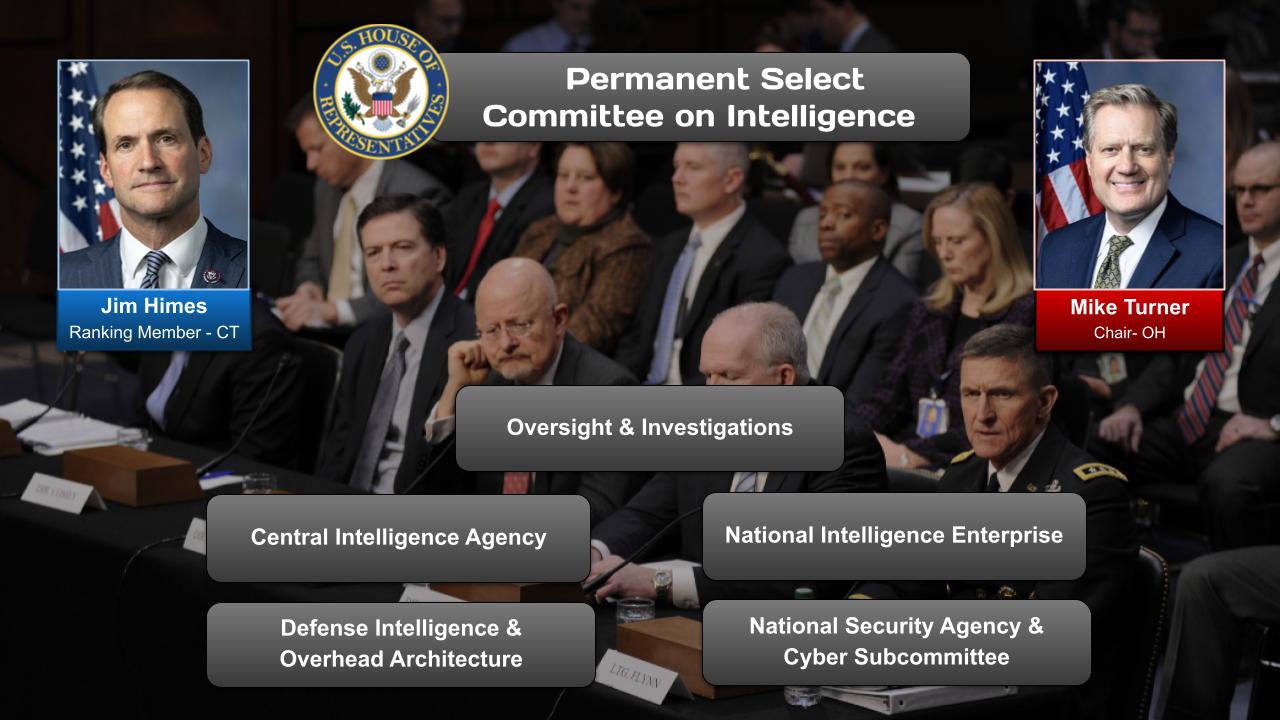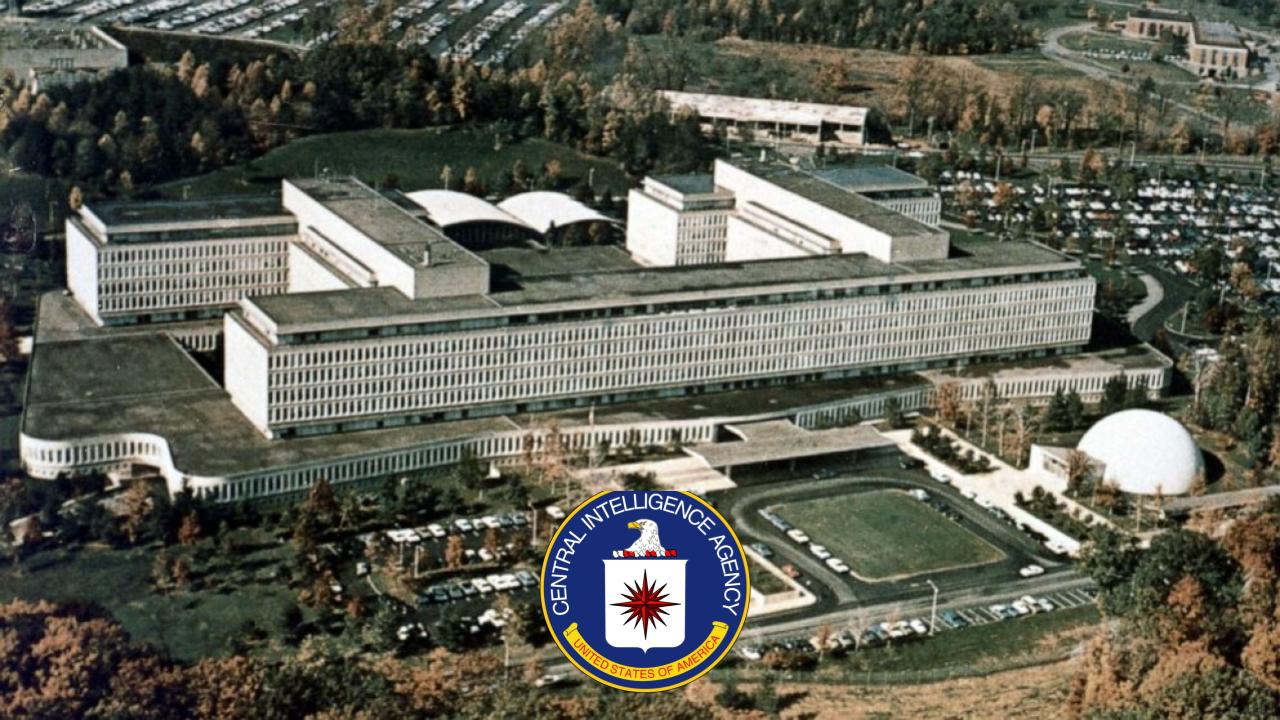National security is a fundamental responsibility of any government, and the United States is no exception. It encompasses the protection of the nation’s citizens, territory, and institutions from external threats. This includes, but is not limited to, military defense, intelligence gathering, diplomacy, and economic security.
- There are many issues related to National Security that Congress is looking to address with legislation. In the ‘About’ section of this post is an overview of the issues and potential solutions, party positions, and web links. Other sections have information on relevant committees, chairs, & caucuses; departments & agencies; and the judiciary, nonpartisan & partisan organizations, and a wikipedia entry.
- To participate in ongoing forums, ask the post’s curators questions, and make suggestions, scroll to the ‘Discuss’ section at the bottom of each post or select the “comment” icon.
The National Security category has related posts and three posts on issues of particular focus: Cybersecurity, NATO, Robotic Warfare.
National Security Agency – 23/06/2023 (01:03)
https://www.youtube.com/watch?v=SrunHo4Qvt4
The National Security Operations Center is the National Security Agency’s nerve center, responsible for managing its cryptologic posture for time-sensitive actions and crisis response to optimize the agency’s global effectiveness and provide actionable intelligence to decision-makers. NSOC personnel have never left the watch, ensuring that NSA is responsive 24 hours a day, every day. Learn about NSOC, its mission, and its people, in this brief overview.
OnAir Post: National Security
